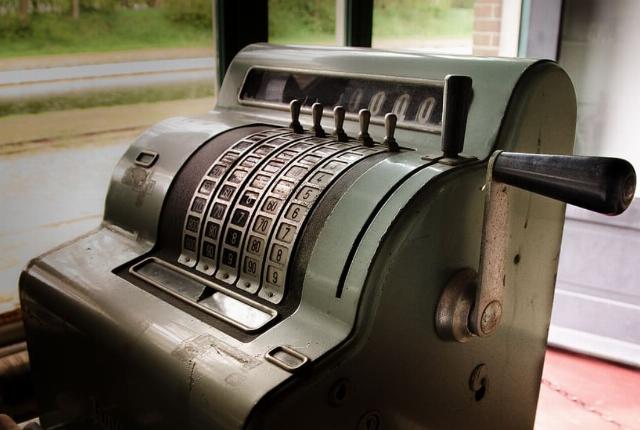‘Free trade’ is not as great as you think it is
When it comes to free trade, it’s often helpful to review first principles.
David Ricardo’s comparative advantage, for example, is the Gold standard, so it’s probably best to start there.
Basically, Ricardo argued that if I can produce wine cheaper and more efficiently than you, and you can produce apples cheaper and more efficiently than me, then we should both produce what we’re good at, because output will increase, and a surplus of goods will lower prices.
Ricardo’s axioms are mathematically sound and extremely elegant, but they are also abstract. He relies on perfect competition, imagining a frictionless world.
If you were to approach an economist and complain that Nike manufactures shoes for $5 and sells for $100, his response would be quite simple: Go make a shoe for $5 and sell for $20. Just undercut Nike, move volume, get rich.
But the real world isn’t a blackboard inside an ivory tower.
Let me give you a real-life example. The Board of Investment in Thailand has established, for quite some time now, what economists call a “special economic zone.” These zones are designed to entice MNCs like Nike to invest in manufacturing plants.
How do they work?
Basically, if you invest X amount of capital in the hundreds of millions, the board of investment will allow you to import raw materials tariff-free and pay zero tax on revenue up to 12 years. Many countries do this — Vietnam, Laos, Indonesia, China, the Philippines, etc, etc. From a political point of view, the strategy is simple: Give big companies everything they want, create jobs, then campaign as a job-creator. When it comes to getting re-elected, you can also ask Nike for money. “Remember the permit I gave you,” wink, wink.
Do Mom-and-Pop stores receive the same special treatment? Of course not. The Board of Investment laughs, denies their application. “No permit — too small,” they will tell you.
What are the consequences? Mom and Pop go out of business. Downtowns, once a lively place, get replaced with soulless 7-Elevens, who will sell only products delivered by Coca-Cola, Pepsi, and other MNCs on their short list.
Want to sell that cool lemonade recipe you made in your backyard to 7-Eleven? Nope. As George Carlin would have said, “there is a big club, and you ain’t in it.”
I would want to argue that globalism is the new mercantilism: great for a select few, who are able to get special permits, special deals, and meanwhile, industry is centralized into oligopolies under the pretense of being “free” and “fair.” These folks, always the same bunch, fly into Switzerland on private jets once a year and spend thousands on hookers while planning an “agenda” for the rest of us. “You scratch my back, I scratch yours” is their mentality.
I would even argue that the very term “national free trade agreement” is an oxymoron, because free trade doesn’t need an agreement between anyone other than the parties directly involved in the trade.
So yes, markets will suffer short-term, no doubt. Supply chains have to shift, revenue forecasts will be missed, but in the long run, I suspect that tariffs will improve lives, particularly if the income taxes are removed from the equation.
In summary, I would argue that Ricardo’s vision was romantic, mathematically elegant, but it rests upon unrealistic axioms.

Image via Pxfuel.





